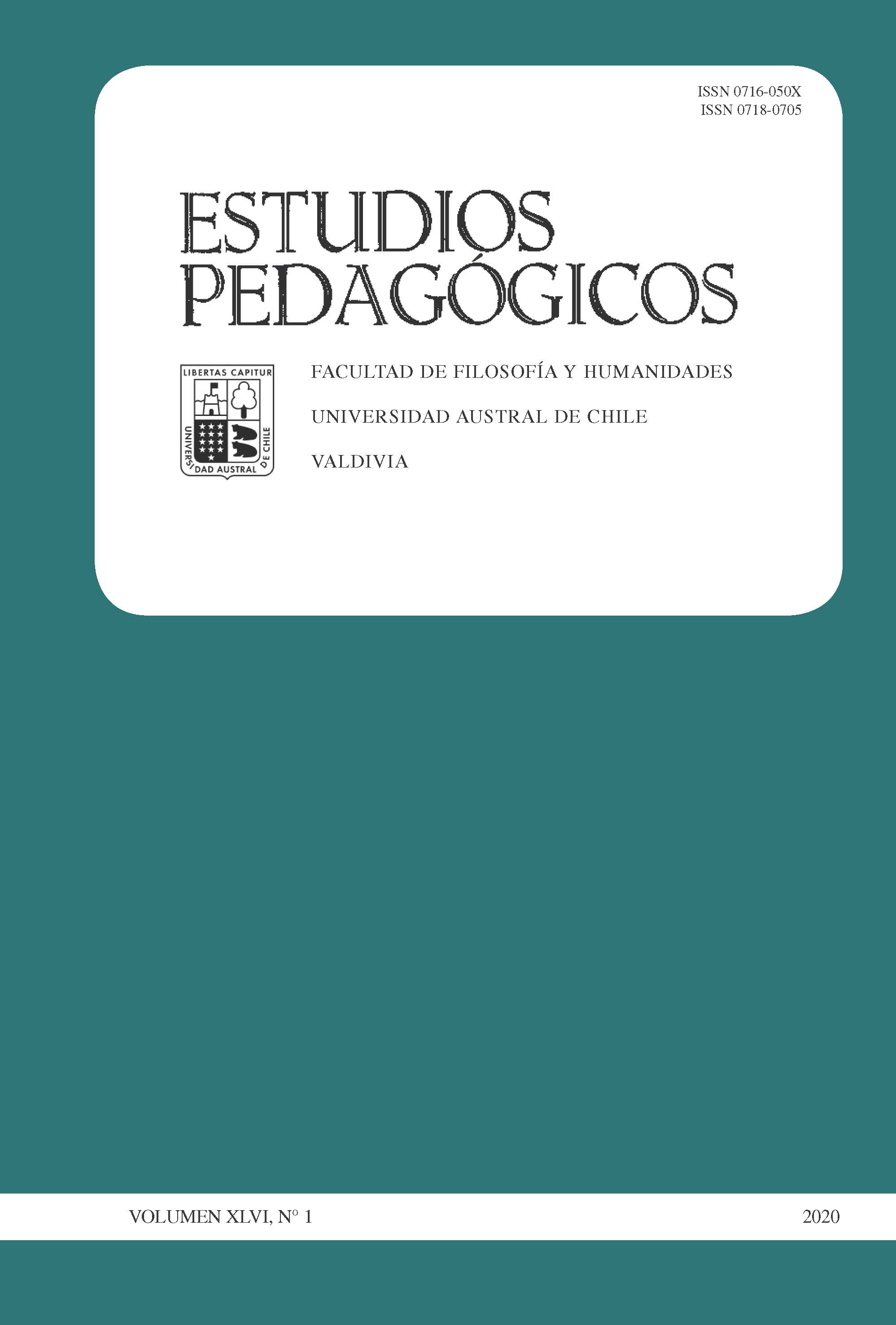Intercultural education: some reflections and guidelines for a pedagogical practice in a democratic and plural school
Main Article Content
Abstract
Taking up what intercultural education has to be and the role that the school has to play in it seems to us a point of special importance for teachers in the current socio-political context. Reviewing what the curriculum can contribute in training for intercultural citizenship can reorient pedagogical practices. To do this, we began by referring to the intercultural education that we defend and try to analyze what form that contribution would take from our anti-racist intercultural approach: the contents to be taught and learned; the most related methodological approaches that would impregnate practice and evaluation, as well as the consideration of those other fundamental aspects for teaching-learning: socio-emotional and relational and communicative-linguistic.

